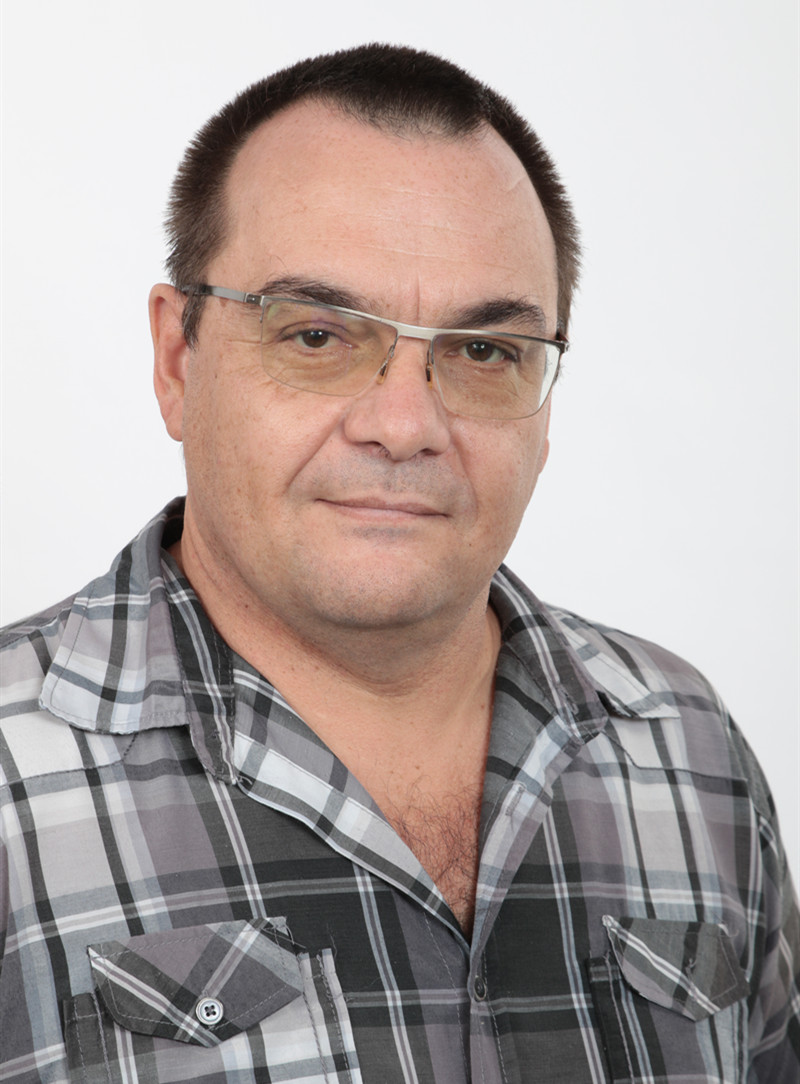Keynote Speakers
Prof. Pietro S. Oliveto
Southern University of Science and Technology, China

Biography: Pietro Oliveto
holds a Laurea degree in computer science from the University of
Catania, Italy, awarded in 2005, and a PhD degree from the
University of Birmingham, UK, conferred in 2009. His academic
journey has been marked by several prestigious fellowships,
including the EPSRC PhD+ Fellowship (2009-2010) and EPSRC
Postdoctoral Fellowship (2010-2013) at the University of
Birmingham, followed by the Vice-Chancellor's Fellowship
(2013-2016) and EPSRC Early Career Fellowship (2015-2020) at the
University of Sheffield. Prior to joining SUSTech, he served as
the Chair in Algorithms at the Department of Computer Science,
University of Sheffield.
Professor Oliveto's primary
research focus is on the performance analysis, particularly the
time complexity, of bio-inspired computation techniques. These
techniques include evolutionary algorithms, genetic programming,
artificial immune systems, hyper-heuristics, and algorithm
configuration. Currently, he is spearheading the establishment
of a Theory of Artificial Intelligence Lab at SUSTech.
His contributions to the academic community extend beyond
research, as he has guest-edited special issues for journals
such as Computer Science and Technology, Evolutionary
Computation, Theoretical Computer Science, IEEE Transactions on
Evolutionary Computation, and Algorithmica. He has also
co-chaired the IEEE symposium on Foundations of Computational
Intelligence (FOCI) from 2015 to 2021 and served as co-program
Chair for the ACM Conference on Foundations of Genetic
Algorithms (FOGA 2021). Additionally, he has held the position
of Theory Track co-chair at GECCO 2022 and GECCO 2023. Professor
Oliveto is a member of the Steering Committee of the annual
workshop on Theory of Randomized Search Heuristics (ThRaSH),
served as the Leader of the Benchmarking Working Group for the
COST Action ImAppNIO, has been a member of the EPSRC Peer Review
College, and served as an Associate Editor for IEEE Transactions
on Evolutionary Computation.
Prof. Eugene Rex Jalao
University of the Philippines, Philippines

Biography: Dr. Eugene Rex L. Jalao is a Professor of Analytics and Industrial Engineering in the University of the Philippines Diliman, Department of Industrial Engineering and Operations Research. He is also the Program Coordinator of the Artificial Intelligence Program of UPD. He specializes in Decision Support Systems, Business Analytics Solutions, Data Mining, Optimization and Systems Simulation. He obtained his Ph.D. in Industrial Engineering from Arizona State University (ASU) in May 2013. Additionally, he obtained his Masters of Science in Industrial Engineering degree as well as his Bachelor of Science in Industrial Engineering from the University of the Philippines Diliman in 2009 and 2007 respectively. His fifteen years of work and research experience are in the fields of business analytics both here in the Philippines and in the United States of America, specifically in the Banking, FMCG, Manufacturing, Real Estate, Healthcare, Telecommunications and Information Technology industries. He is also a certified SAP ERP Materials Management consultant, a Matlab computing associate, a Certified NVIDIA Deep Learning Instructor and an advocate of the R and Python Programming languages.
Prof. Rammohan Mallipeddi
Kyungpook National University, South Korea

Biography: Dr. Rammohan Mallipeddi, a Senior
Member of IEEE, is a Full Professor in the Department of Artificial
Intelligence, School of Electronics Engineering, Kyungpook National
University, Daegu, South Korea. He earned his master’s and Ph.D.
degrees in computer control and automation from Nanyang
Technological University, Singapore, in 2007 and 2010, respectively.
A globally recognized researcher, he ranks among the top 2% of
most-cited researchers worldwide, with over 9,000+ google scholar
citations and an h-index of 40.
Dr. Mallipeddi's research
interests span evolutionary computing, artificial intelligence,
image processing, digital signal processing, robotics, and control
engineering. He has published 65 SCI/SCIE papers (2020–2024),
including 35 in the top 10%, and collaborated with researchers from
12 countries. He is also an Associate Editor for prestigious
journals, including IEEE Transactions on Cybernetics: Systems, Swarm
and Evolutionary Computation, Information Sciences, Engineering
Applications of Artificial Intelligence, etc.
He has held
significant leadership roles, such as General Chair of the
International Conference on Smart and Intelligent Systems (2021),
Technical Program Chair of MIGARS (2023), and Program Chair for the
IEEE Symposium on Differential Evolution since 2018.
My
google scholar Profile:
https://scholar.google.com.sg/citations?user=bCJAc_8AAAAJ&hl=en
My Lab Website:
https://ecis.knu.ac.kr/
Keynote Speakers of ISMSI 2025
 |
 |
 |
Prof. KWONG Sam Tak WuLingnan University, Hong Kong, China |
Prof. Naoyuki KubotaTokyo Metropolitan University, Japan |
Prof. Amir H. GandomiUniversity of Technology Sydney, Australia |
IEEE Fellow, US National Academy of Innovators Fellow |
Director of Community-centric Systems Research Center, Tokyo
Metropolitan University, Japan |
ARC DECRA Fellow, Highly Cited Researcher award (top 1% publications and 0.1% researchers) |
| Speech Title: Creating a Better Future: Harnessing AI for Social and Environmental Responsibility | Speech Title: Topological Intelligence and Coevolutionary Computation | Speech Title: Evolutionary and Swarm Intelligence for Real-World Problems |
